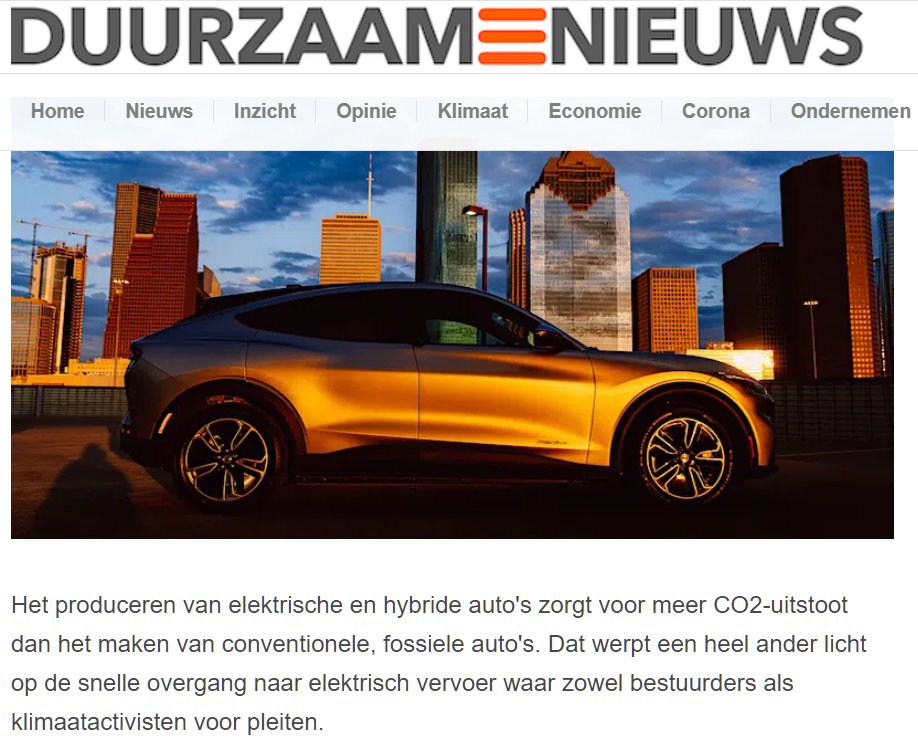
NEW argument from combustion engine fans:
move PV from Germany to Africa and make eFuels there: then we can drive just as far.
BUT PV isn't the problem.
IF it was you should still use a power line or hydrogen.
SO the combustion engine is still roadkill
🧵
frontier-economics.com/de/de/news-und…
move PV from Germany to Africa and make eFuels there: then we can drive just as far.
BUT PV isn't the problem.
IF it was you should still use a power line or hydrogen.
SO the combustion engine is still roadkill
🧵
frontier-economics.com/de/de/news-und…
It is true that a solar panel produces up to 5x more energy in the Sahara and that there's plenty of room there. But that doesn't negate the fact that these engines still make cities unhealthy (noise & ozone or NOx) and are expensive and maintenance prone.
On top of that these giant eFuel installations in Africa are just an expensive pipe dream of combustion engine lovers. So it's a highly theoretical debate.
And even IF we were to produce large amounts of eFuels in the Sahara, they should be used where they are most useful.
And even IF we were to produce large amounts of eFuels in the Sahara, they should be used where they are most useful.
For example planes that are really hard to electrify. So let's at least stop this foolishness until planes are either electrified or running on eFuels. Which will in all probability will take more time than completely phasing out combustion engines in cars.
IF you REALLY want to produce fuels in the Sahara, at least use hydrogen and not eFuels whenever possible. With hydrogen you get at least twice the amount of km from the same solar panels than with eFuels.
(By the way: you shouldn't: hydrogen is much too useful for that as my friend @MLiebreich explains here. linkedin.com/pulse/clean-hy…)
The implied assumption here is that space and solar panels are somehow our scarcest resource. They aren't but if we follow that logic the best thing to do is obviously to create a large powerline from the Sahara to Germany. That gives you 4x the km compared to eFuels.
Unfortunately for the people who try through tortured logic to keep cars with combustion engine alive, cars simply aren't that hard to electrify compared to other processes that really need hydrogen or (as a last resort) eFuels.
/end
/end
I like to stick to arguments but @patentlyGerman points out it might be helpful to mention the "study" was financed by two German petroleum industry associations. (Bundesverband mittelständischer Mineralölunternehmen and Mineralölwirtschaftsverband)
• • •
Missing some Tweet in this thread? You can try to
force a refresh





